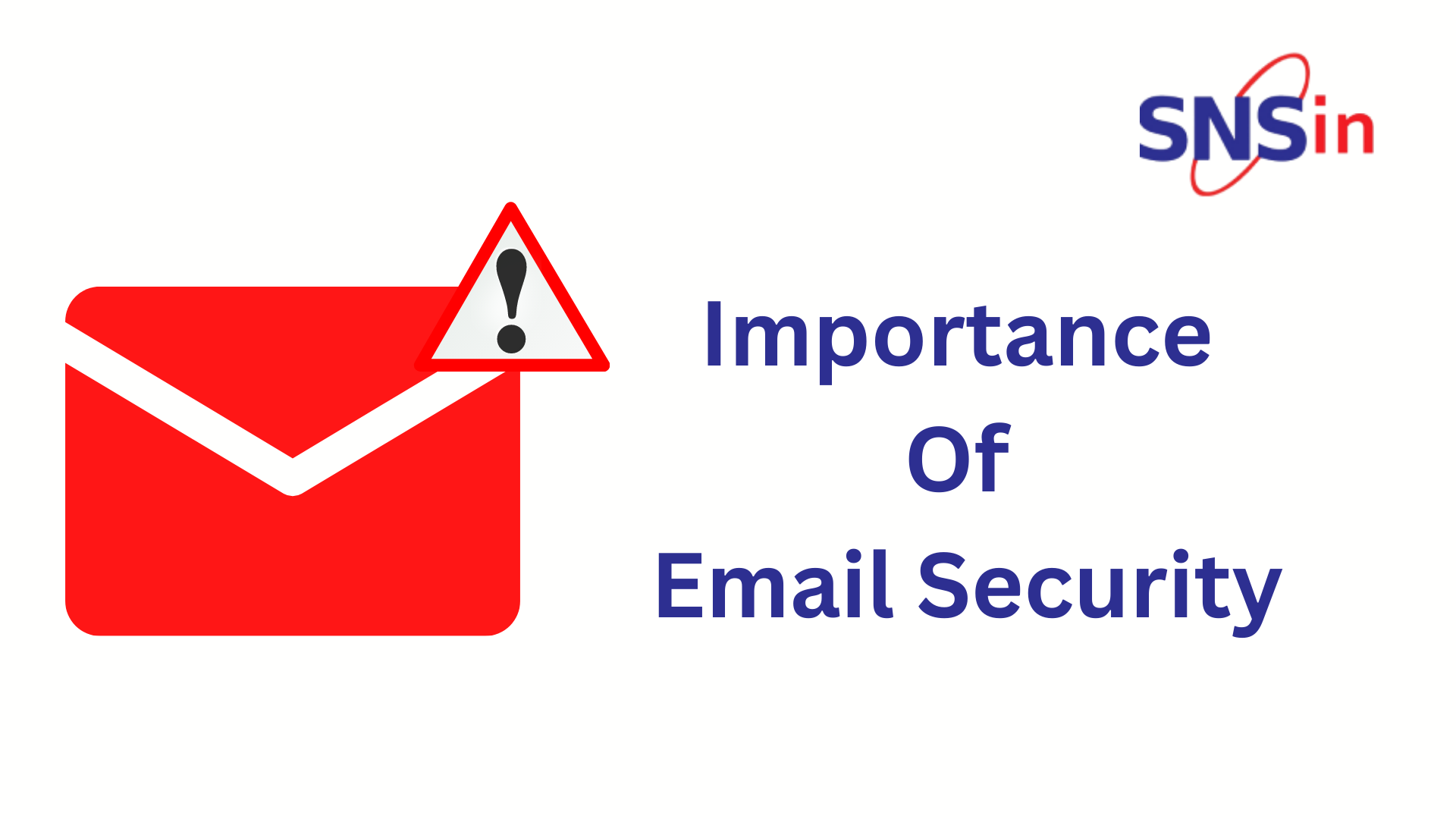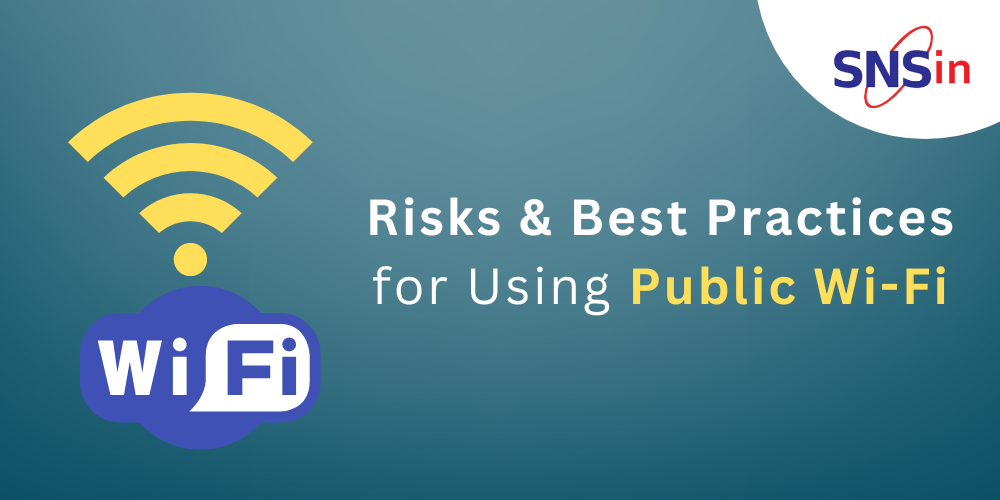Ever since the move to remote and hybrid working models has been affected, communication among employees has become more exposed to risks and more essential to daily working life. An email platform is the most used method of internal and external communications. The rise of technology in every aspect of organizational functionality has brought an era of unprecedented cybercrime. Even the most sophisticated software is prone to Ransomware and Malware cyberattacks. Moreover, the volume of emails implies that employees have only a brief window of time to act on each of them. Hackers are taking advantage of this to infiltrate networks with highly sophisticated cyberattacks. For these reasons email authentication and tools that allow encryption has become so important.
Let us understand some benefits of enhancing Email Security.
-
Avoidance of business risks and maintaining compliance: Usually, emails are not always strictly encrypted, and if the message is to be intercepted either maliciously or by accident, it will appear as a readable text. Proper encryption would close these loopholes and prevent data breaches. Encryption ideally should be set for all outgoing or incoming messages at company-wide levels. This depends on the industry governance mechanism. Email encryption may become mandatory to keep the business complaint. Failing to meet these requirements can lead to lawsuits and fines for the company, giving leverage for competitors to capture the market.
-
Protection of sensitive data: A single wrong click on any email can cause data infiltration and expose information about the company that should not be made public. Email encryption protecting bank account details and passwords, intellectual property, and employee information should be employed, failing which hackers can use it to fulfill their malicious intent. Financial statements, negotiations, and other such exchanges are meant only for internal circulation and should be maintained for the same.
-
Avoiding identity theft: If information exchanges between employees and employers are over unencrypted email, users are left vulnerable to identity theft. Any individual getting hold of private data can impersonate the victim and circulate false email messages on the victim’s behalf. This is known as Business Email Compromise (BEC), which is avoidable through strong email security.
-
Lack of safe backups: SMTP stores the messages exchanged over emails and outgoing email servers. These backups can be available for years, giving free access to anyone to use the data to their advantage, even if the message is deleted. Email encryption can prevent this from happening.
-
Saving costs: Email encryption protects users’ data, giving benefits of cloud security as part of the business subscriptions. Pricing per user comes out to be much less, and this accounts for growth without sacrificing security.
Why is built-in security not enough?
Many organizations rely on built-in security mechanisms present in the browsers or the cloud service provider. However, these are insufficient for protection against several quickly evolving technological threats and the sophisticated methods used by hackers to infiltrate networks.
Some of these threats are:
-
Employee negligence: Poor awareness on the part of the employees about the existence of a variety of threats and their inaction to ensure protection can leave the organization vulnerable to unwarranted cyberattacks.
-
Social engineering attacks and BEC: Some phishing emails do not carry wrong intent or have any attached malware in the form of files and links. Instead, they dupe users and lure action on their part- like having an actionable embedded in the message to execute a financial transaction into some bank account or as a gift to a subordinate or colleague. Email security solutions embedded in the browser will not be able to detect these attacks.
-
Zero-day malware: Signature-based detection of various malware will not be able to identify and block out any zero-day attacks before infecting the organization’s entire network.
Summary
Email is an integral part of our day to day communications. 80% of Ransomware is still delivered via email. Hence encrypting email communications and implementing the latest email security is a must for any organization. Add-ons like Email Phishing Simulation Software and User-Awareness training enhances the security posture of the organization, drastically reducing the inherent financial risks.
ABOUT SNS
Secure Network Solutions (SNS) provides a quantifiable, risk-based approach to building a global structure of cyber security infrastructure based on internationally recognized frameworks and practices. We have been providing services and catering to clients across industries for the last 22 years. Write to us at [email protected] or visit us at www.snsin.com.
![]()




